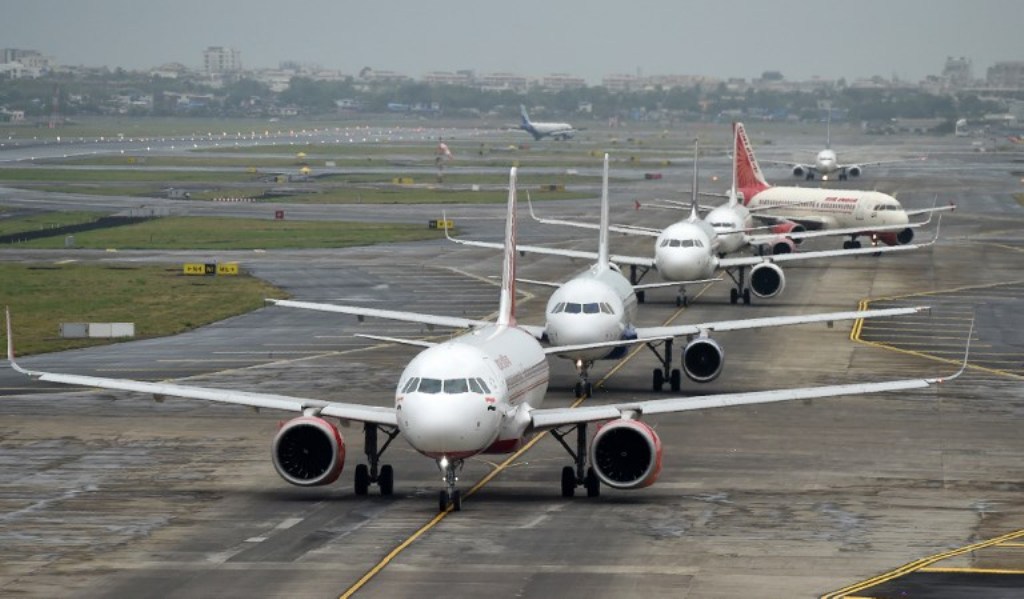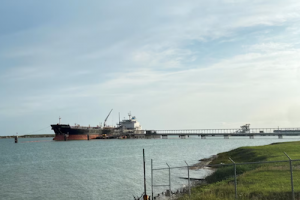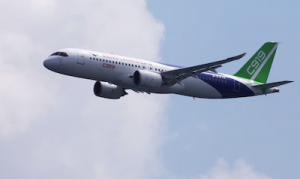Global jet fuel prices have risen to near 14-year highs in line with crude oil’s surge on supply shortfall worries, slamming air carriers and travellers with steep cost increases just as air travel was starting to recover from Covid-19 restrictions.
Oil prices have soared to their highest since 2008 as supplies lag recovering global demand and as the US banned Russian oil imports following Moscow’s invasion of Ukraine.
Global crude oil benchmark Brent has jumped around 30% to about $130 a barrel since Russian forces invaded Ukraine on February 24, triggering a global scramble by importers to secure alternatives to Russian crudes that are at risk of sanctions.
The race for crude has jacked up prices for refined products that will be affected if crude supplies tighten, with Singapore jet fuel prices outperforming Brent since February 24 to gain nearly 35% and hit $150 a barrel for the first time since July 2008.
Jet fuel prices in Europe and the United States have posted similar gains, leaving global carriers who have already been hammered by Covid-19 over the last two years having to pass on higher costs via fuel surcharges and increased fares.
Rising Fares Undermine Recovery
In turn, fare rises risk undermining an air travel recovery that has gained momentum as international border curbs ease.
“Travelling (by air) is not going to be cheap from now onwards. With the inflation across countries, most people have shallower pockets, less disposable income,” a Singapore-based jet fuel trader said.
She said more travellers would limit their plans to “necessary” travel and said restrictions related to the pandemic – with many places still requiring negative Covid tests – added to uncertainties for those travelling.
Global airline capacity dipped 0.1% this week to 82 million seats, and remains 23% below the corresponding week in pre-pandemic 2019, according to aviation data firm OAG.
Total Capacity Dropping
Total scheduled airline capacity in North Asia in the week to Monday dropped 4.5% from the previous week, more than any other region, while international capacity to and from the region remains 88% below the corresponding week in 2019.
Domestic flight schedules in the US had been on track to surpass 2019’s levels this spring, but the higher fuel and ticket costs now risk slowing that momentum.
“Airlines will be pushed again on credit limits and again see suppliers less willing to give unsecured terms. We may see some further casualties post-Covid now, just when recovery looked more positive,” a senior London-based trade source said.
Buoyed by expectations for tighter near term supplies, Asian refining margins for jet fuel on Monday jumped to $26.17 a barrel over Dubai crude, their strongest level on record according to Refinitiv Eikon data that goes back to 2009.
- Reuters with additional editing by Jim Pollard
ALSO READ:
Asia’s Slow Aviation Recovery May Dampen Singapore Airshow
Shell Mulls Biofuels Plant To Meet Growing Asian Aviation Demand
China’s Green Aviation Creates Global Opportunities: Xinhua
























